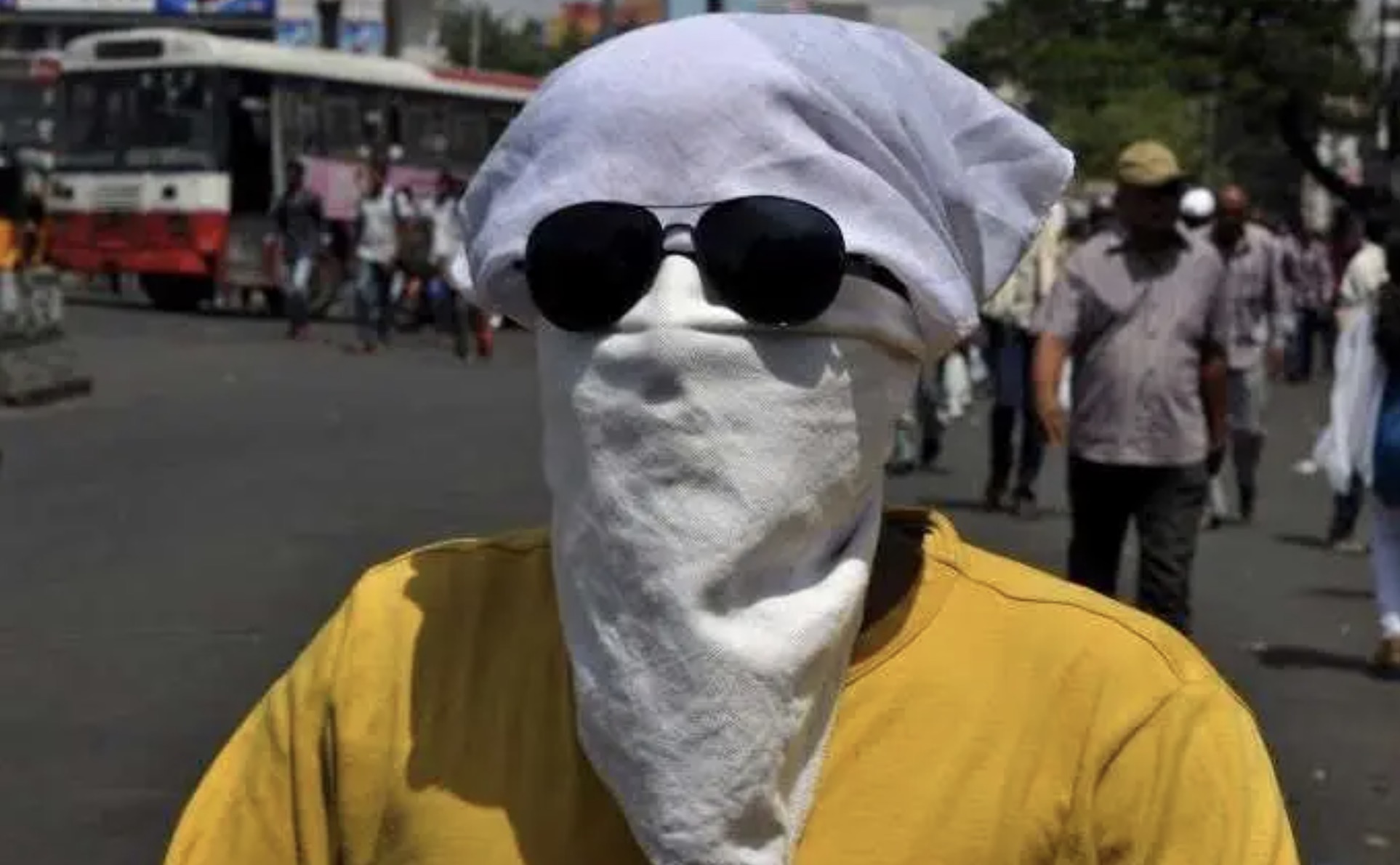India at alarming situation now. Heatwaves will hit everyone. 8 Crore will lose jobs

It will be the first country in the world which will be outside the limits of human tolerance. The temperature in Delhi had reached 46 degree Celsius. March emerged as the hottest month in history.
Heatwaves responsible for thousands of deaths in the last few decades are increasing at an alarming rate in India and it will soon be the first country in the world to face extreme heat waves that are beyond the limits of human tolerance. .
This warning has been given in a new report. The World Bank report titled ‘Climate Investment Opportunities in India’s Cooling Sector’ states that the country is experiencing longer summers, which start earlier and last longer.
The report said, ‘In April 2022, India was hit by a premature heat wave, which brought normal life to a standstill and the temperature in the capital New Delhi reached 46 degrees Celsius. The month of March witnessed an unprecedented rise in temperature and it emerged as the hottest March month in history.
The report will be released at a two-day ‘India Climate and Development Partners’ meeting organized by the World Bank in partnership with the Kerala government in Thiruvananthapuram. It has been feared in the report that the intensity of heat wave in India will soon cross the limit which humans are capable of tolerating.
It added, “The Sixth Assessment Report of the Intergovernmental Panel on Climate Change (IPCC) in August 2021 warned that the Indian subcontinent would see more extreme heatwaves in the coming decade.” According to the report, ‘The G20 Climate Risk Atlas also warned in 2021 that heatwaves across India are expected to last 25 times longer between 2036 and 2065 if carbon emissions remain high. This assessment was done keeping in mind the worst-case emission scenario of the IPCC.
The report warned that rising heatwaves in India could reduce economic productivity. It states, ’75 per cent of India’s workforce, i.e. around 38 crore people, work in areas that require them to live in hot climates. At times they have to work in potentially life-threatening temperatures.
Of the 80 million jobs projected to be lost globally by 2030 due to productivity losses related to heat stress, 34 million will be lost in India. According to the report, the highest impact of heat on heavy labor is seen in South Asian countries, where 101 billion hours are wasted due to heat in a year.
An analysis by global management consulting firm McKinsey & Company shows that labor losses due to rising heat and humidity could cost India 4.5 per cent of its gross domestic product (GDP) by the end of the decade, or about US$150-250 billion. Will be in danger. The company said that India’s long-term food security and public health security will depend on a reliable cold chain.





